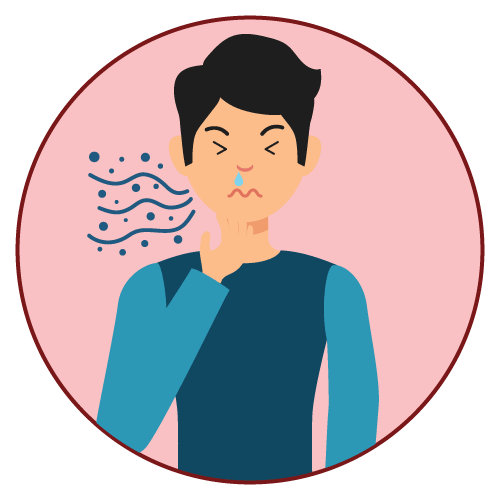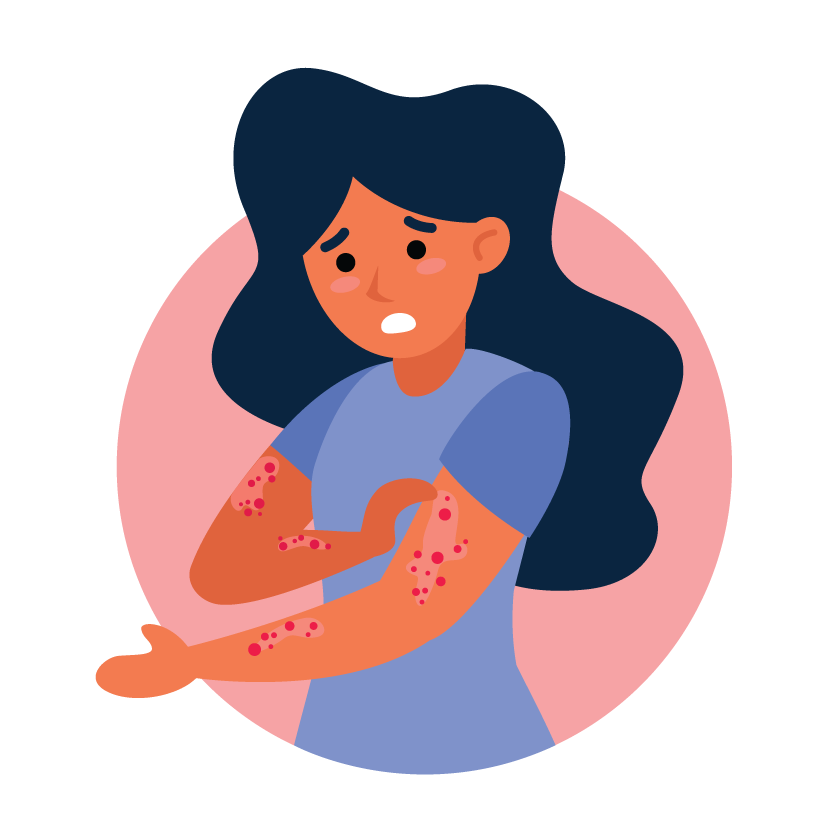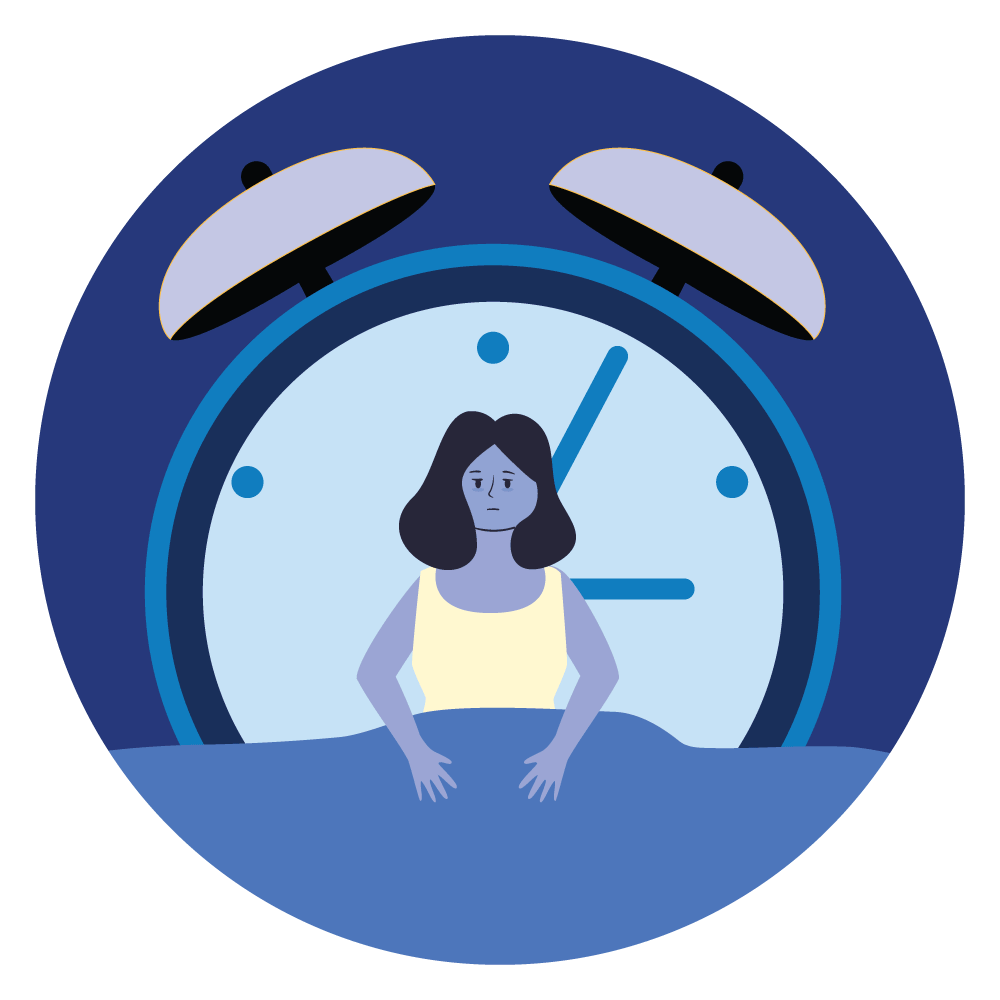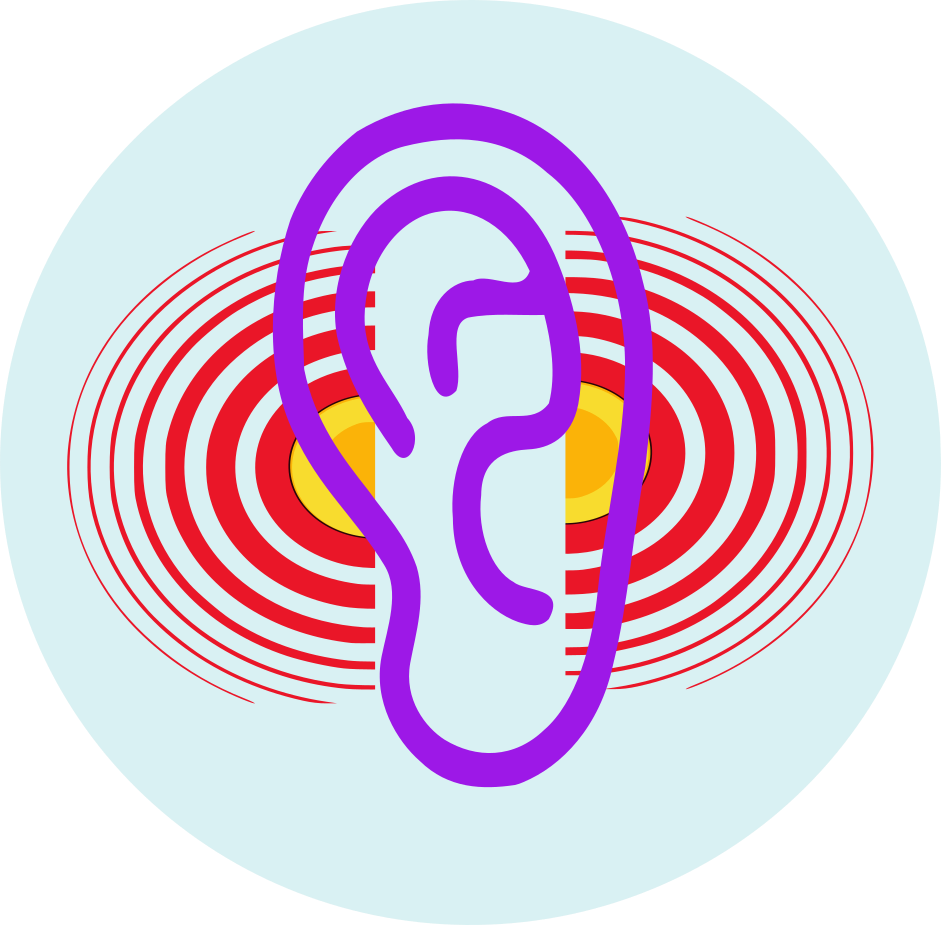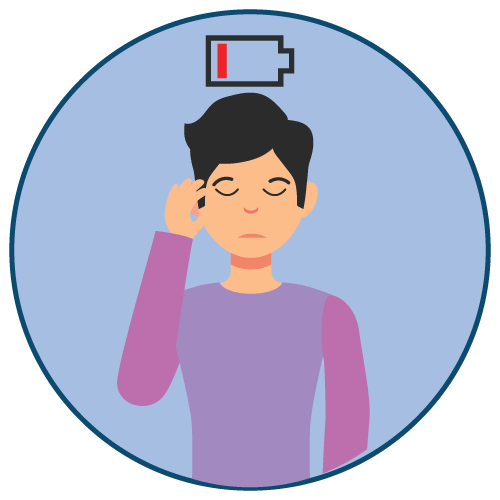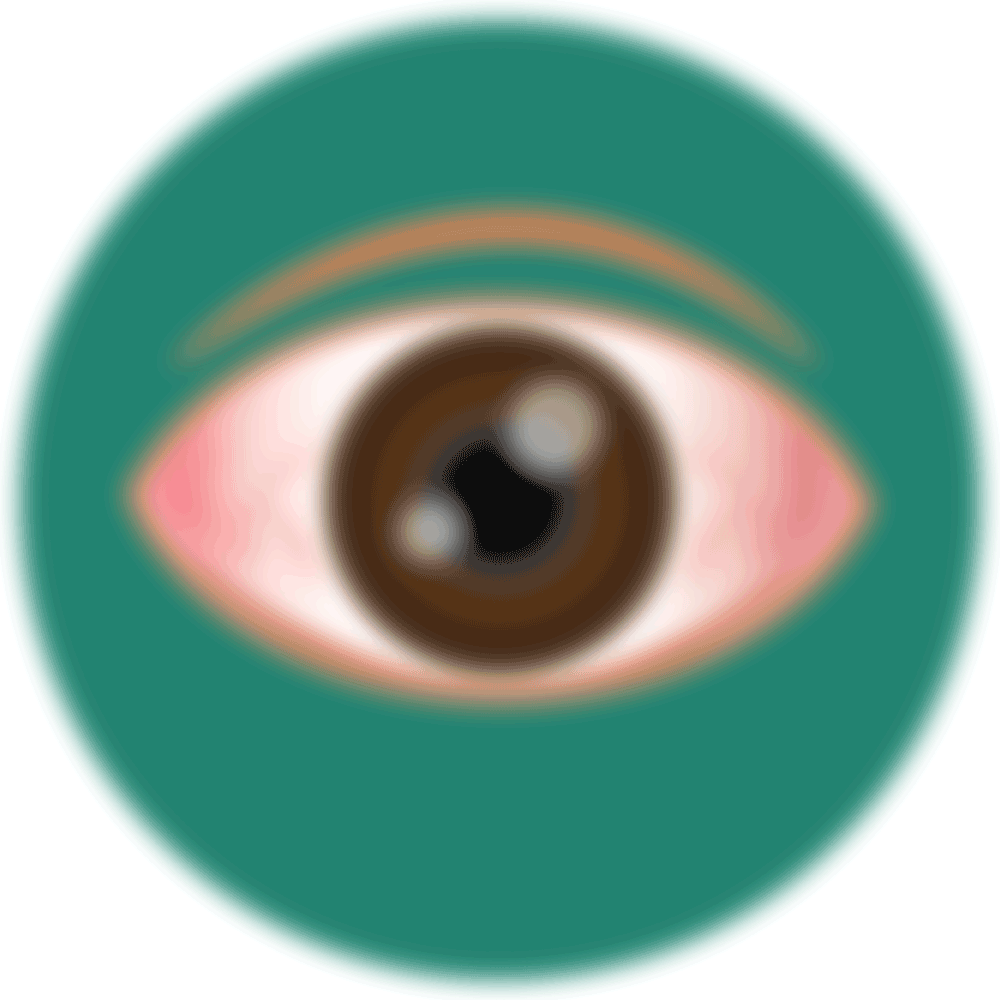| Name | Diphenhydramine Hydrochloride |
| Classes |
Central Nervous System Agent Respiratory Agent Antihistamine Anxiolytic Sedative and Hypnotic Anti-Parkinson Agent |
| Diseases |
CNS Disorder Itching Runny Nose Sleeping Disorder Sneezing Vomiting |
Diphenhydramine Hydrochloride
Diphenhydramine hydrochloride is an antihistamine drug with anticholinesterase activity.
Diphenhydramine hydrochloride is indicated for the treatment of followings:
- Seasonal, perennial, vasomotor rhinitis
- Insomnia
- Urticaria
- Pruritus
- Prevention of emesis and motion sickness
- Miscellaneous like Meniere's disease and Parkinsonism
|
|
- Adults: The usual dose for allergic rhinitis is 25-50 mg per day. An additional of 50mg maybe taken at night.
- Children:
- 1-5 years old: 2.5 mL of elixir 4 times a day.
- 6+ years old: 5 mL of elixir 4 times a day.
Commonly reported side effects include-
- dizziness
- tinnitus
- asthenia/ fatigue
- ataxia
- blurred vision
- diplopia
- euphoria
- epigastric discomfort
Before taking this medication, consult your doctor or pharmacist:
- If you suffer from asthma, bronchitis, or COPD (Chronic Obstructive Pulmonary Disease), this book is for you (COPD)
- If you're suffering from narrow-angle glaucoma (a form of raised pressure in the eye)
- If you have a swollen prostate or urine incontinence,
- If you have liver or renal disease that is moderate to severe,
- If you suffer from myasthenia gravis, epilepsy, or seizures,
- If you're having trouble sleeping, talk to your doctor or pharmacist.
- If you take this medicine on a regular basis, it may become less effective.
Contraindication
Contraindicated in patients with known hypersensitivity to Diphenhydramine Hydrochloride.
There is no known contraindications of diphenhydramine in terms of food and drinks.
There is no known contraindications in terms of health condition.
 Bangla
Bangla English
English